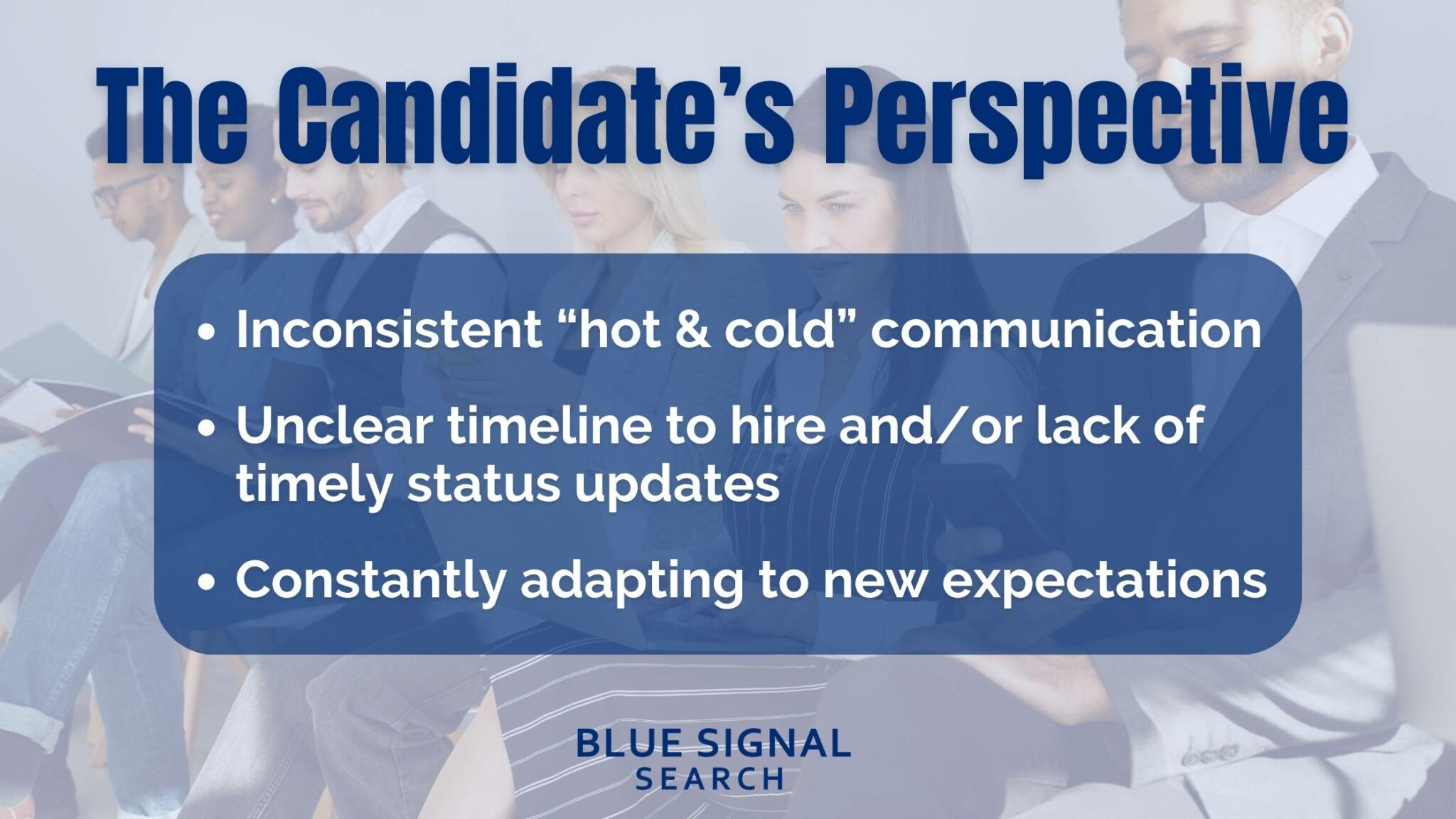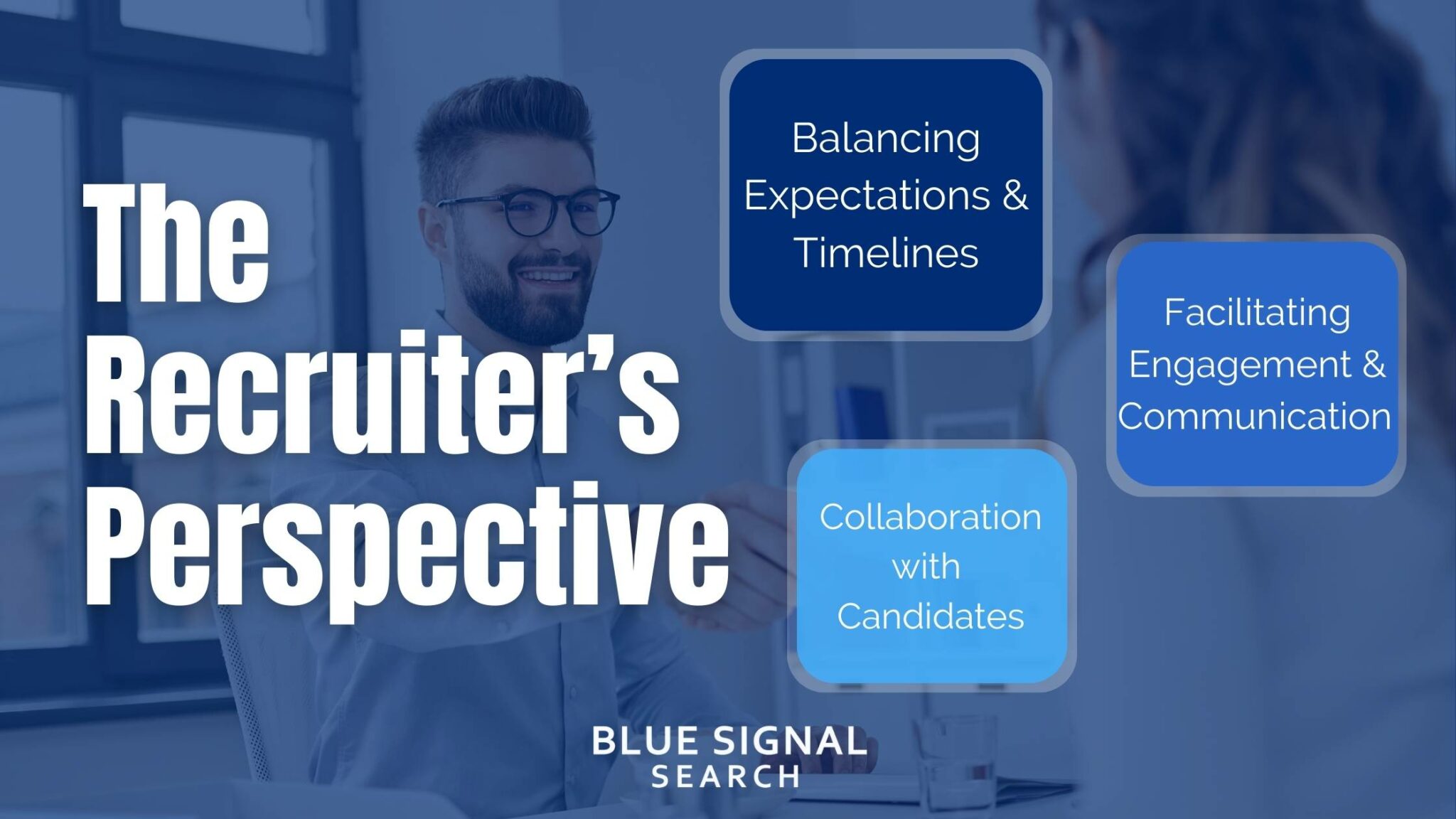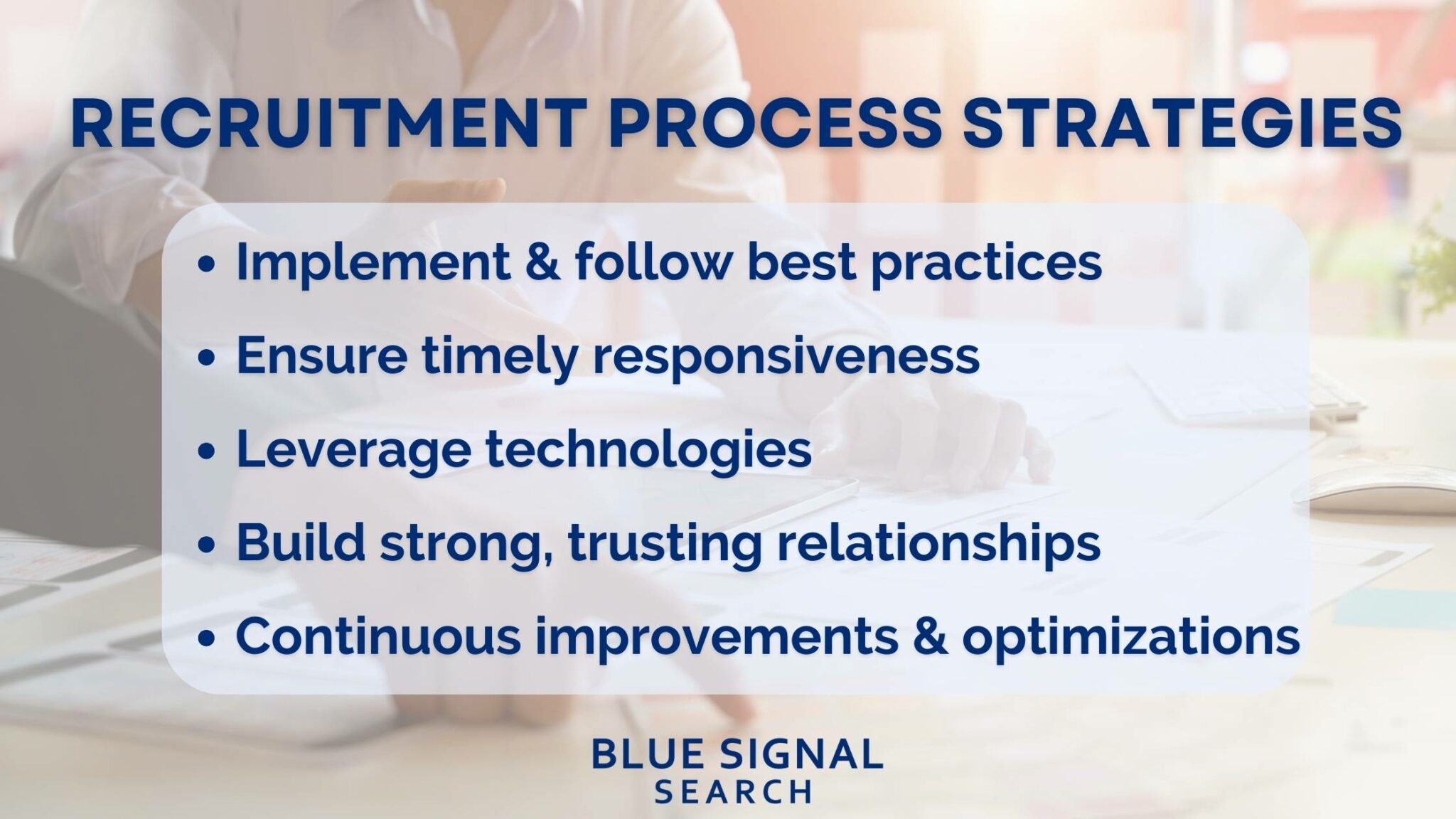Recruitment is a dynamic journey, and there’s a key message that packs a punch: “Please keep candidates warm”. This phrase, essential in the framework of candidate nurturing, encompasses a spectrum of strategic communications, all aimed at fostering a warm, respectful, and engaging candidate experience. It represents a meticulous cultivation of relationships, where each interaction is infused with care, clarity, and a genuine demonstration of value towards the candidates. However, this directive also reveals the intricate web of challenges, dependencies, and variables that frequently intertwine in the pathways of effective candidate nurturing, especially those linked with the decision-making processes of hiring managers.
In this article, we will navigate through the multifaceted domains of candidate nurturing. We aim to unveil strategies, nuances, and best practices that amplify the warmth, responsiveness, and effectiveness of communications within the recruitment process. By deeply exploring the experiences and expectations of both candidates and recruiters, we strive to uncover insights that can foster a more enriched, candidate-centric approach to nurturing engagements and communications.
The Candidate’s Perspective: Navigating the Landscape of Communication
Encountering Varied Environments
Candidates embark on their recruitment journey with a mixture of hope and uncertainty. They often find themselves navigating through fluctuating environments where communication can vary from being warm and reassuring to cold and distant. The directive to "keep them warm" is a significant aspect of candidate nurturing, but its implementation can be inconsistent. This leads to candidates feeling uncertain and undervalued at times. Candidates often grapple with these inconsistencies, seeking clarity, reassurance, and a sense of progress in their recruitment journey.
Seeking a Nurturing Environment
Candidates yearn for an environment where they feel nurtured, valued, and respected, a critical aspect underscored by Forbes, which emphasizes the profound influence of a positive candidate experience on an organization's reputation and success. In the recruitment process, clear, timely, and genuine communication is sought after by candidates, reflecting the organization's true values and strategic approach to building meaningful connections with potential talents. However, the reality can sometimes be challenging, with candidates often left in the shadows, waiting for updates and yearning for more engagement from recruiters. Enhancing the candidate experience, as suggested by Forbes, is not merely a courtesy but a pivotal strategy in bolstering the organization's brand, ensuring that candidates feel valued and respected throughout their recruitment journey.
Adaptability in the Process
Adaptability becomes a crucial trait for candidates as they navigate the varied landscapes of the recruitment process. They often find themselves adjusting to different communication styles, managing expectations, and staying resilient despite uncertainties and delays. This adaptability, while essential, can also be taxing, as candidates strive to maintain enthusiasm, engagement, and a positive outlook despite the challenges encountered. Their journey becomes a testament to their resilience, patience, and persistent pursuit of opportunities despite the hurdles in the nurturing process.
The Recruiter’s Perspective: Steering the Course of Nurturing
Guiding the Path of Engagement
Recruiters stand at the helm of the candidate nurturing process, steering the ship through the often-turbulent waters of recruitment. Their role is multifaceted, involving the careful orchestration of communication flows, empathetic engagement, and strategic guidance. Insights, such as those shared by JXE, reveal what recruiters wish candidates knew, offering valuable perspectives that can enhance mutual understanding, communication, and the overall effectiveness of the recruitment process. Armed with these insights, recruiters are better equipped to shape the candidate’s journey, ensuring that it is marked by warmth, respect, and a sense of value. Such a nuanced approach facilitates a more enriched and supportive candidate experience, fostering a nurturing environment where candidates feel valued and understood.
Balancing Expectations and Timelines
Recruiters perform a delicate balancing act. They are tasked with harmonizing the expectations and timelines of hiring managers with the needs and aspirations of candidates. This involves navigating a puzzle of priorities, schedules, and demands, striving to create a synchronized and harmonious recruitment process. Recruiters grapple with these complexities, aiming to foster a nurturing atmosphere where communications flourish, expectations are managed, and the recruitment journey unfolds with precision and clarity. This is especially important because, as discussed in our blog on the executive recruitment process, the way recruiters manage the process directly reflects the organization's values and culture, emphasizing the importance of an efficient and respectful approach in demonstrating value toward candidates.
Collaborating for Success
Collaboration emerges as a cornerstone in the recruiter’s strategy for candidate nurturing. It involves building bridges between hiring managers and candidates, facilitating a flow of information and understanding that enhances the recruitment process. Through collaborative efforts, recruiters aim to craft a cohesive and effective nurturing strategy. This synergy enables a more streamlined and responsive recruitment process, where decisions are made timely, communications are enriched, and candidates are kept warmly engaged.
Strategies for Nurturing a Flourishing Recruitment Process
Implementing Best Practices
Implementing best practices is fundamental in enhancing the candidate nurturing process. Strategies should be continuously refined to ensure they align with candidate needs and expectations, fostering an environment of respect, clarity, and mutual understanding. By doing so, the recruitment process becomes more engaging, effective, and candidate-centric, promoting positive experiences and outcomes.
Ensuring Responsiveness
Responsiveness is a crucial aspect of candidate nurturing. It involves maintaining a consistent flow of communication, providing timely feedback, and minimizing uncertainties. Hunt Club offers practical examples of how to craft effective communication, such as sample emails, that can help in keeping candidates warm and engaged. Utilizing such resources can enhance the quality of communication, making candidates feel valued and respected, and improving their overall experience during the recruitment process.
Leveraging Technology
Technology plays a significant role in optimizing the candidate nurturing process. Utilizing innovative tools and platforms can enhance communication strategies, improve efficiency, and facilitate more engaging and interactive candidate experiences. Technology can help streamline various aspects of the recruitment process, making it more accessible, convenient, and user-friendly for candidates.
Continuous Improvement and Optimization
Continuous improvement is essential for the success of candidate nurturing strategies. It involves evaluating the effectiveness of current practices, gathering feedback, and making necessary adjustments to improve and optimize the recruitment process. This approach ensures that candidate nurturing strategies remain relevant, effective, and aligned with evolving recruitment trends and candidate expectations.
Building Strong Relationships
Building and maintaining strong relationships with candidates is at the heart of candidate nurturing. It involves creating meaningful interactions, demonstrating genuine interest and care, and fostering a sense of trust and reliability. Strong relationships enhance the candidate’s connection with the organization, promoting a more engaging and positive recruitment experience.
Conclusion
The directive to "keep them warm" stands as a pivotal guideline in the intricate framework of candidate nurturing. It encapsulates the essence of strategic communication, the flow of empathetic engagement, and the coordination of proactive and nurturing interactions. Through a thorough exploration of this directive from diverse perspectives, we can construct refined strategies of candidate nurturing that resonate with warmth, effectiveness, and alignment with candidate expectations, experiences, and recruitment triumphs. This comprehensive approach allows us to navigate the complexities of recruitment, fostering an environment where both candidates and recruiters can thrive in a harmonized and successful process.



